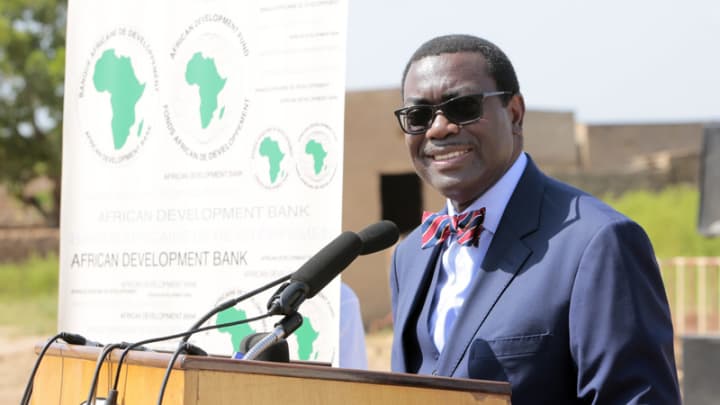African countries are expected to spend around $74 billion on debt service in 2024, the Macroeconomic Performance and Outlook 2024 by the African Development (AfDB) Bank has revealed.
This would be up from $17 billion in 2010.
According to the AfDB, some $40 billion, or 54.0% of total debt service is owed to private creditors.
“Except in Chad, the Democratic Republic of Congo, Gambia, and Mauritania, debt service costs in African countries was higher in 2020–22 than in 2015–19. Debt service payments have risen substantially in tandem with the growing share of debt owed to private creditors".
Debt restructuring negotiations with private creditors failing to reach agreement
This it said is a cause for concern because current debt restructuring negotiations are failing to reach agreement with private creditors.
Presently, Ghana is negotiating a debt restructuring terms with its private creditors. The country is proposing about 40% haircut of up to $13 billion.
The report pointed out that debt service costs have risen, narrowing the scope for government spending and increasing debt vulnerabilities.
“External debt service payments as a proportion of government revenue are higher than before the COVID-19 pandemic in many countries”, it added.
Yields remain high
“Despite the decline in sovereign spreads in many countries, the yields remain higher than pre-crisis levels”, it continued.
For non-distressed countries, the average yield on outstanding Eurobonds has been more than 12% since Russia’s invasion of Ukraine in 2022, compared with 7.0% before the Covid-19 pandemic.
For distressed countries, the yield on outstanding Eurobonds has more than doubled from the pre-crisis level. For instance in Ghana, the yield on outstanding Eurobonds was 21.7% in October 2023 compared with 9.0% before the pandemic.
External debt as a percentage of government revenue for 50 countries with data rose from 6.8% over 2015–19 to 10.6% over 2020–22.
The report continued that resources channeled to debt service have narrowed fiscal space, further constraining government capacity to invest in growth-promoting sectors and human capital development — especially education and health, two areas where average public spending on the continent is below that for comparator regions.
Latest Stories
-
E&P’s $250m funding promise was just talk, says Azumah Resources
52 minutes -
We won’t be distracted by noise – Azumah Resources blasts E&P in escalating Gold Mine row
1 hour -
$100M deal Is business, not politics – Engineers & Planners
3 hours -
Police exhume multiple human remains in Central Tongu shrine
4 hours -
Ramaphosa opposes Trump’s 30% tariff on South Africa
4 hours -
First malaria treatment for babies approved for use
4 hours -
Alcaraz masterclass ends Norrie’s Wimbledon hopes
4 hours -
TOR throws light on premix composition amid sector reforms at stakeholder engagement
4 hours -
TOR dismisses claims of unchecked fuel dispatches, highlights strict multi-agency verification process
5 hours -
MPs vote to establish independent regulator for men’s football in England
5 hours -
Ghana abstains from UN vote on LGBTQ+ rights amid push for criminalisation
5 hours -
Jota’s car was probably speeding before fatal crash, Spanish police say
5 hours -
CJ’s powers too excessive, prone to political abuse – Prof. Prempeh calls for urgent reforms
5 hours -
Mahama inaugurates committee to oversee handover of UGMC to UG
5 hours -
Joao Pedro double sends Chelsea into Club World Cup finals
6 hours

